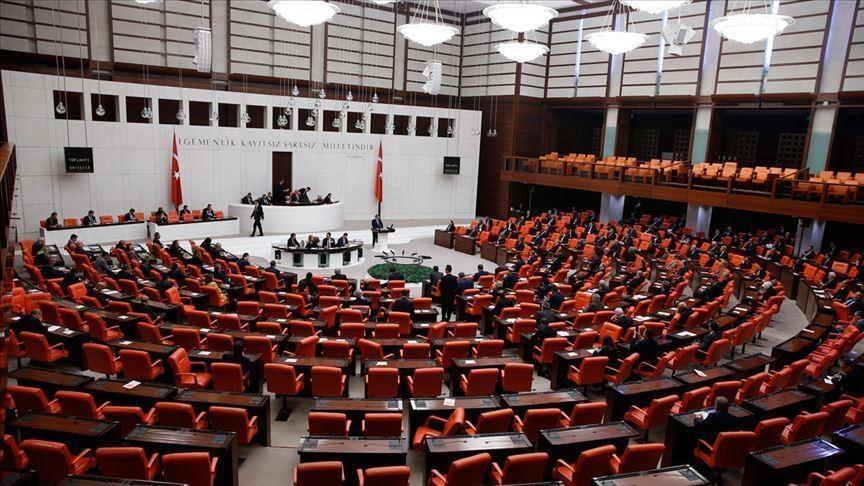
The Turkish Parliament on early July 9 approved a long-awaited Animal Protection Law amendment that aimed to protect animals from being abused by humans, changing the scope of the crime committed against animals.
Accordingly, animals will now be removed from the “goods” status and will be counted as “living creatures” in the eyes of law.
The issue of animals was taken out of the point of “damaging property” and brought to the point of “harming life” and was added to the scope of crime. The distinction between “owned animals” and “unowned animals” was abolished.
As per the new law, people will be given jail terms for torturing and killing animals and harm-ing their offspring.
Cats and dogs will no longer be sold in pet shops or other such businesses. People can select their pets from the images listed, and they will be delivered to them from special breeding areas under the Agriculture and Forestry Ministry.
The concept of “ornament” was removed from the definition of “house and ornamental animal” in the law. Torture and cruel treatment of animals, sexual assault and rape, which were previously considered as “misdemeanors,” were criminalized.
The law imposes six months to four years in prison for the person who deliberately kills a pet and one to five years in prison for those who kill endangered animal species.
The law envisages five to 10 years in prison for a person who harm an animal species, three months to two years imprisonment for those who make animals fight, six months to three years imprisonment for those who sexually assault and rape an animal and six months to three years imprisonment for those who torture or treat a pet inhumanly.
The dangerous animals will be determined by the ministry and possession, housing and breeding of these species are prohibited. Until the regulation of the ministry comes into force, species such as Pitbull Terrier, Japanese Tosa, Dogo Argentino and Fila Brasilerio as well as their crosses will be considered dangerous.
Those who have previously owned dangerous species will have to get their animals neutered within six months. These animals will not be allowed to roam around without registration documents, muzzles and leashes, and cannot be brought into crowded places, children’s playgrounds and parks.
Cat and dog owners will receive a digital ID for their pets until Dec. 31, 2022, at the latest. Pets cannot be confiscated by the government if the owners are in debt. Land and water circuses and dolphin parks are banned. Existing businesses will be closed within 10 years. Natural life parks can be established where animals can roam freely and are suitable for their ethology and habitat. The establishment of animal shelters is now mandatory for municipalities.
The opposition and animal rights activists objected to the law, saying that it was lacking. They criticize the law on the ground that though cats and dogs will not be allowed in pet shops, the sale of other animals will still continue, including the sale of animals through the internet.
The person who sexually assaults and rapes animals will receive a prison sentence of six months to three years and a judicial fine of not less than 100 days. However, in accordance with the Execution Law, prison sentences of less than three years are not applied but are postponed. To prevent this from happening, animal rights advocates demanded that animal penalties should be exempted from postponement, but this demand was not met.
Judicial reform package
Meanwhile, the Parliament also ratified the fourth reform package on July 8, which includes new measures to combat violence against women.
Under the legislation, harsher punishments for homicide, premeditated assault, torture, and deprivation of liberty committed against a spouse will now also include partners who are divorced.
Arrests for crimes including genocide, violating the Constitution, and sexual abuse of children will depend on strong suspicion based on concrete evidence.
Judgeship candidates and lawyer trainees will be given the opportunity to do internships at the Constitutional Court.